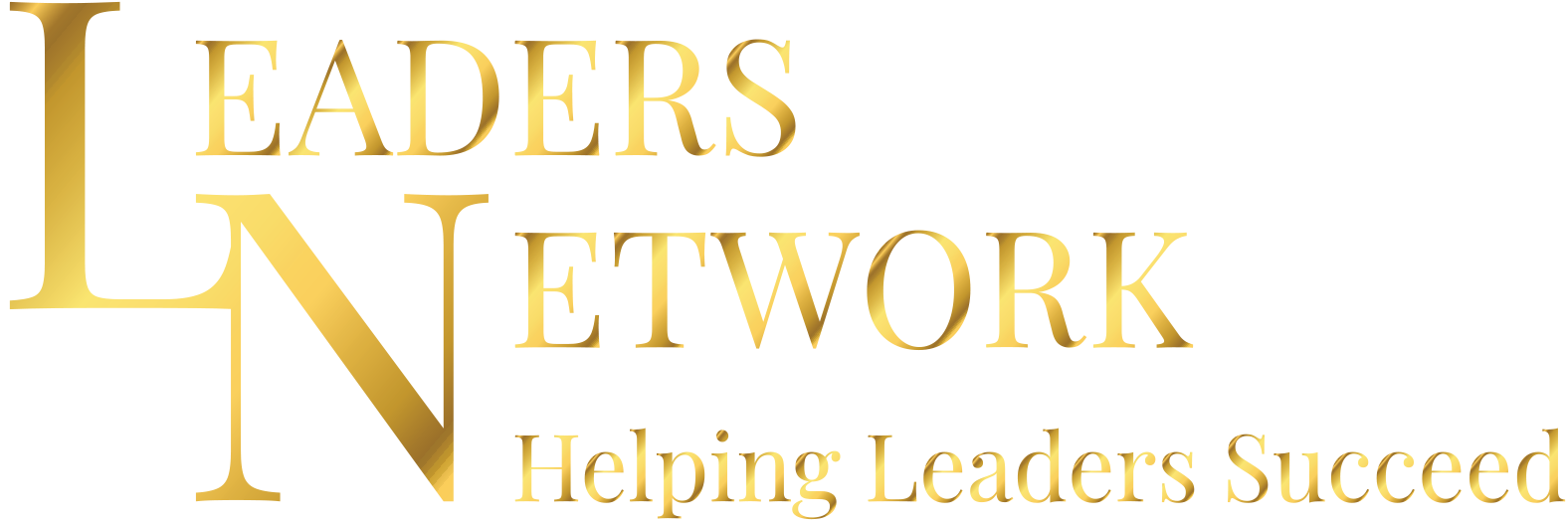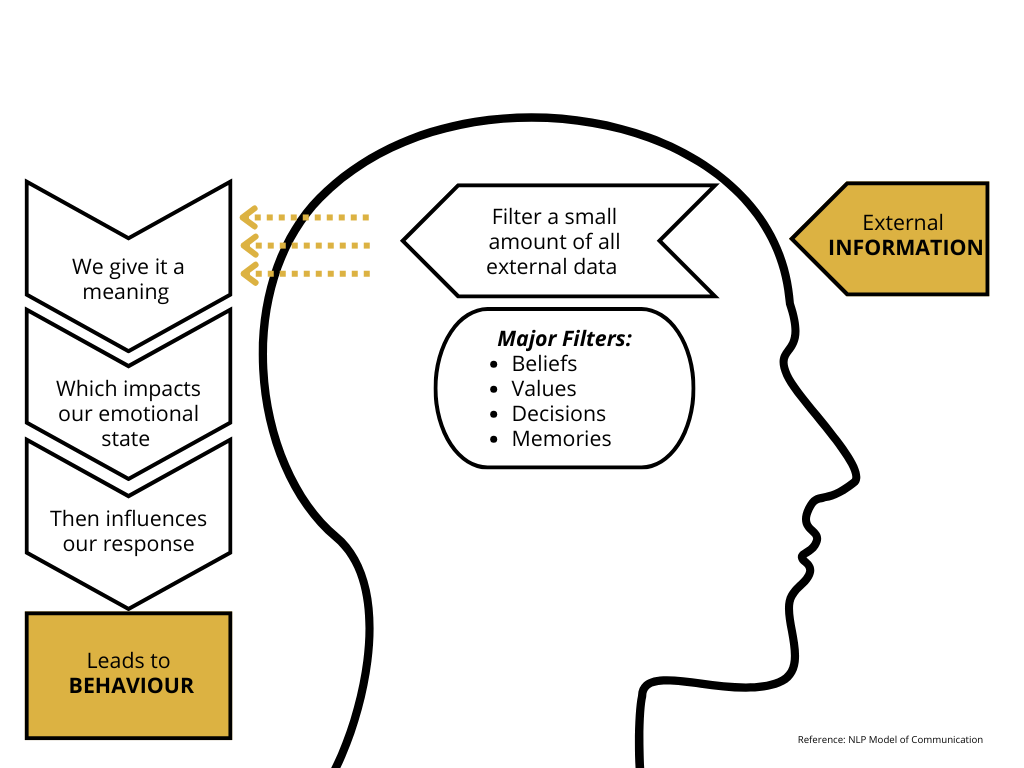Embracing Lifelong Learning as a Value
The founder of MacDonald’s hamburger chain, Ray Kroc, was known for his motto, “When you’re green, you’re growing; when you’re ripe, you rot.”

I was with exceptional business leaders this week, discussing important big-picture stuff. One group member questioned why lifelong learning matters. I was taken aback until I remembered that not everyone understands the value of lifelong learning. I knew I was always learning for the first few decades of my adult life, but did I view myself as a 'lifelong learner'? Probably not! However, I remember when I turned 30 and was conversing with my Dad about how I felt that I was always learning, and maybe now, at thirty, I knew a lot of stuff. He quickly put me back in my place with these exact words: "…I am 61 and still learning".
"Anyone who stops learning is old, whether at twenty or eighty. Anyone who keeps learning stays young." Henry Ford
We are all lifelong learners whether we associate with the term or not. The most significant thing to consider is whether your learning is conscious as a planned activity versus unconscious, which happens as you go. The problem with just letting it happen is you may get to a later stage in life and wish you had been more conscious about your learning! What is important to you will often come down to your values, whether you realise it or not! Knowing your values, personally or professionally, is about learning because eliciting your values for yourself or your business is about learning what defines your decision-making and what is important to you. Decisions are easier to make when you can be clear on what is important, and the consequences are often better. Such as deciding to be a lifelong learner or not! As Henry Ford said, “Anyone who stops learning is old, whether at twenty or eighty. Anyone who keeps learning stays young.”
The relationship between learning and values is a strong one. Say, for example, that one of your values relates to health. If you are genuinely connected to your value of health, doesn't it stand to reason that you would want to learn more about how you can be healthy? We can now access so much information that there can be no excuse for not educating ourselves on what is best for our self-care rather than relying solely on our GP. It is always possible to start taking better care of yourself; this is simply a decision aligned with your values.
Another example of lifelong learning is how to be the best version of yourself. I recently read a book called 'Who's in Your Room'. It was thought-provoking and mind-opening on the topic of relationships. So, if one of your values relates to family, which mine does, then educating myself on the relationships I want to have with family and close friends and who I want to have in my space is essential. When it comes to family, we do not get to choose them. However, we can select our relationship with them and still be true to our values and the idea of being the best version of ourselves. This can only apply if the values you have identified for yourself are clear and important to you because they influence your decision-making, whether you realise it or not. Again, this is where learning comes into play. Suppose I was not open to continually learning about the many aspects of how I can live my best life. In that case, I might not have been open to reading this book, and I would have missed out on the different perspectives I now have on the varying types of relationships that can exist and how to manage them. Because one of my values is personal growth, I have read at least fourteen books this year, ranging from leadership, business, mindset, health, wealth, and relationships. Every book has brought a new level of learning, and my values drive this desire to learn.
So, what comes first, the chicken or the egg? Is it essential to define your values first to decide if you want to be a lifelong learner? Or is it necessary to choose to be a lifelong learner and then define your values to support? I suggest that your values come first. Even if you need more clarity on your values, you are making decisions based on what is important to you, which are your values, so defining these will make your future choices more straightforward. The other beneficial aspect of defining your values is planning. Good planning includes defining your values, usually once you are clear on your long-term vision for the future, whether personal, business, or both.
Here are three simple steps you can follow to start defining your values:
Step one - Brainstorm words that have meaning.
Brainstorm a list of words that have meaning to you, and if you are doing your business values, include team members in this brainstorm. These words will represent what you care about. In business, these are words like commitment, integrity, and trust; for personal, they may be words like health, love, family, empathy, etc.
Step two - Create a short list of words.
Referencing the words from your brainstorming session, create a list of words that represent what is most cared about in the business or to you personally. You may find that some words, such as honesty, trust, and integrity, relate to each other. There is a hierarchy of language in all words, so pick the word that has the highest meaning for you. For example, honesty and trust may need to be evident for integrity to be a value for you. Aim to create a list of 5 to 8 values. The smaller the list, the more meaning you may be able to give to them and the easier it is to live the values every day. The idea is to choose the most meaningful ones, as these will be your point of reference to support decision-making.
Step three - Summarise the importance of each value.
Write a sentence that explains why each value is important. What would happen, and what would you be experiencing if this value was evident daily in your business or life? By creating these explanations, you are giving life to the value and identifying how this can become or is a reality. This may take a few goes, which is normal, and you may want to review them a few times. Returning to your values several times is a great strategy to ensure they are right for you or your business.
Defining your values is a continuous process, and it's normal for them to evolve as you go through different life stages and experiences. Regular self-reflection will help you stay in tune with your values, as they are foundational in creating a meaningful and purposeful life. The same goes for life-long learning; focus on being green and growing, and aim to have no regrets later in life. Your learning and values will shape your decisions, actions, and relationships, contributing to your well-being and satisfaction.
If you want support in defining your Values, connect with a lead coach at Leaders Network for a Complimentary Strategy Session to explore how this can work for you!





